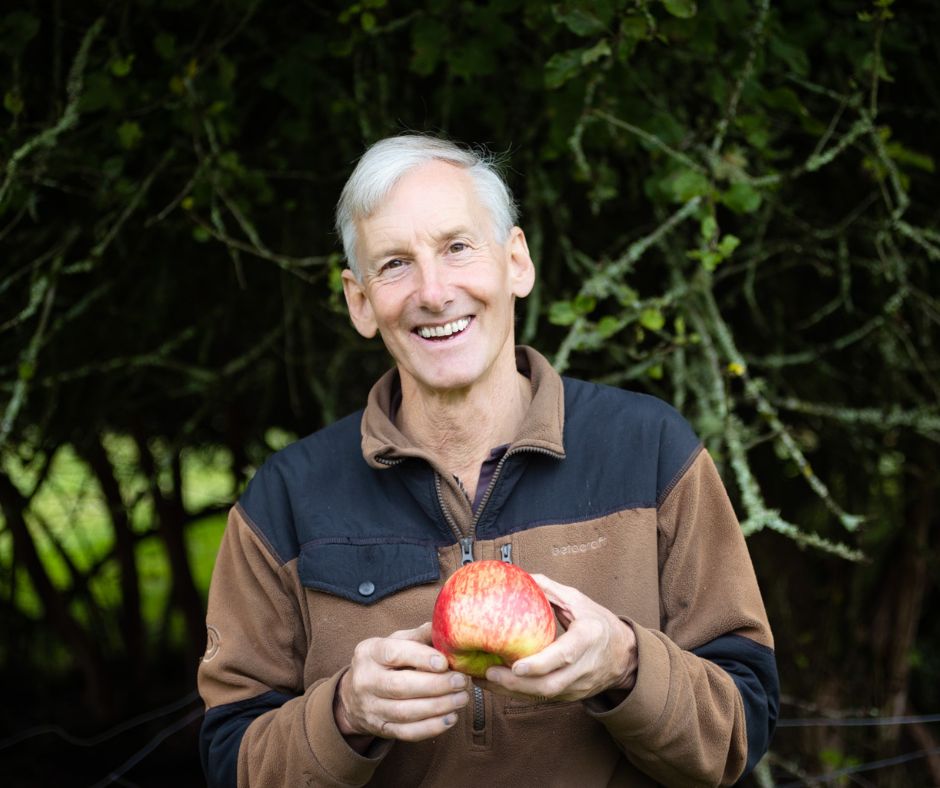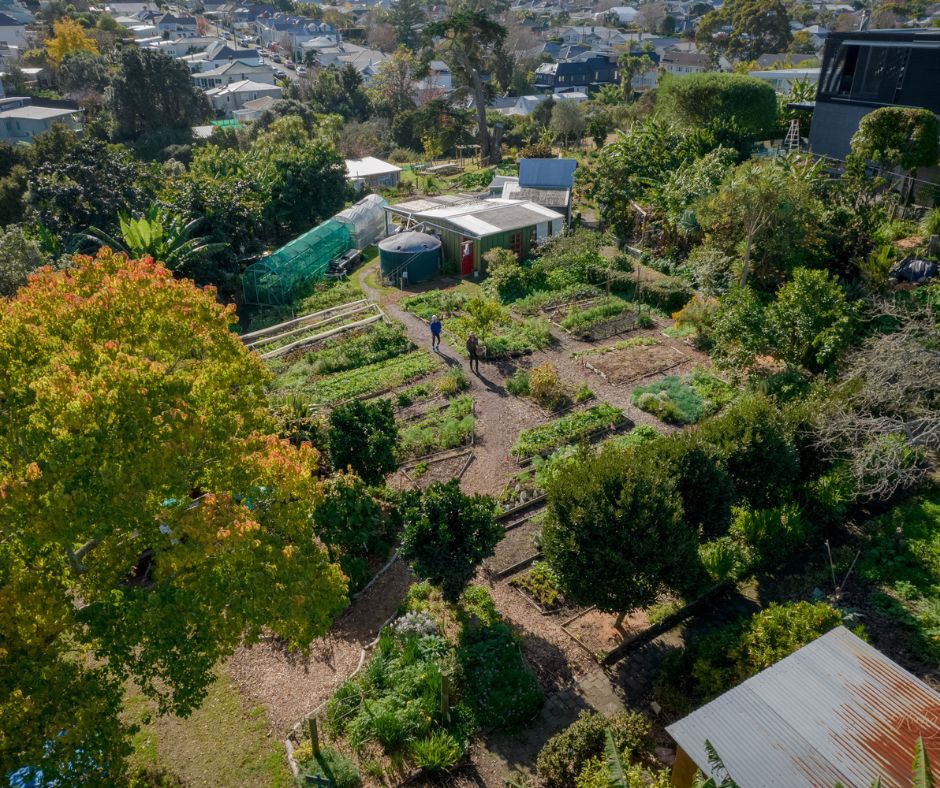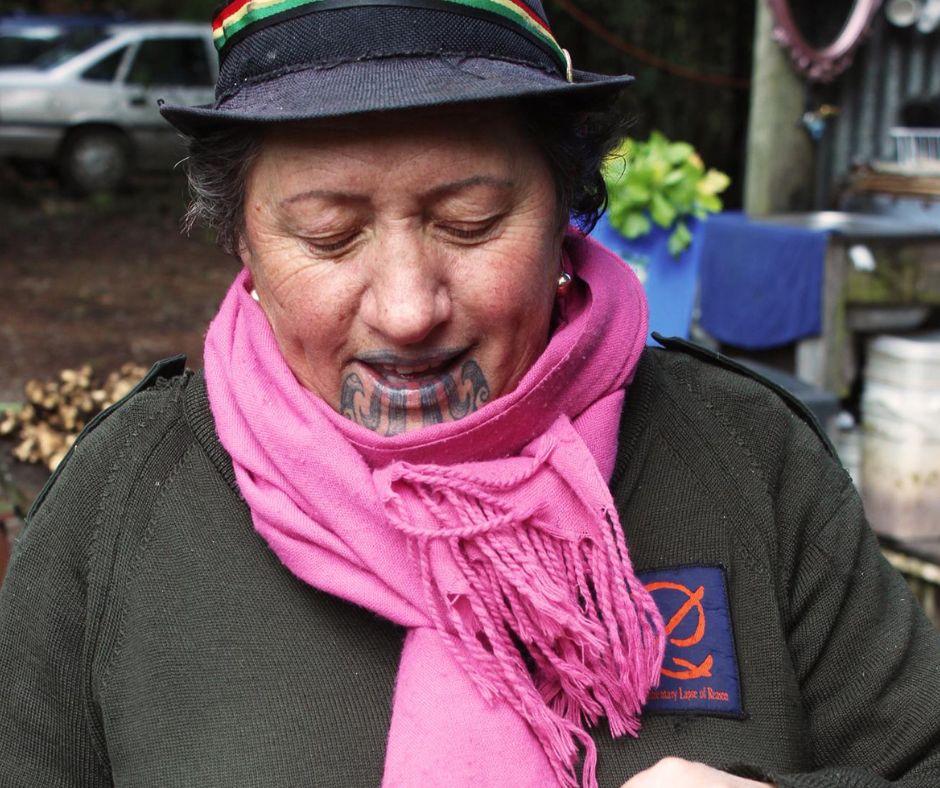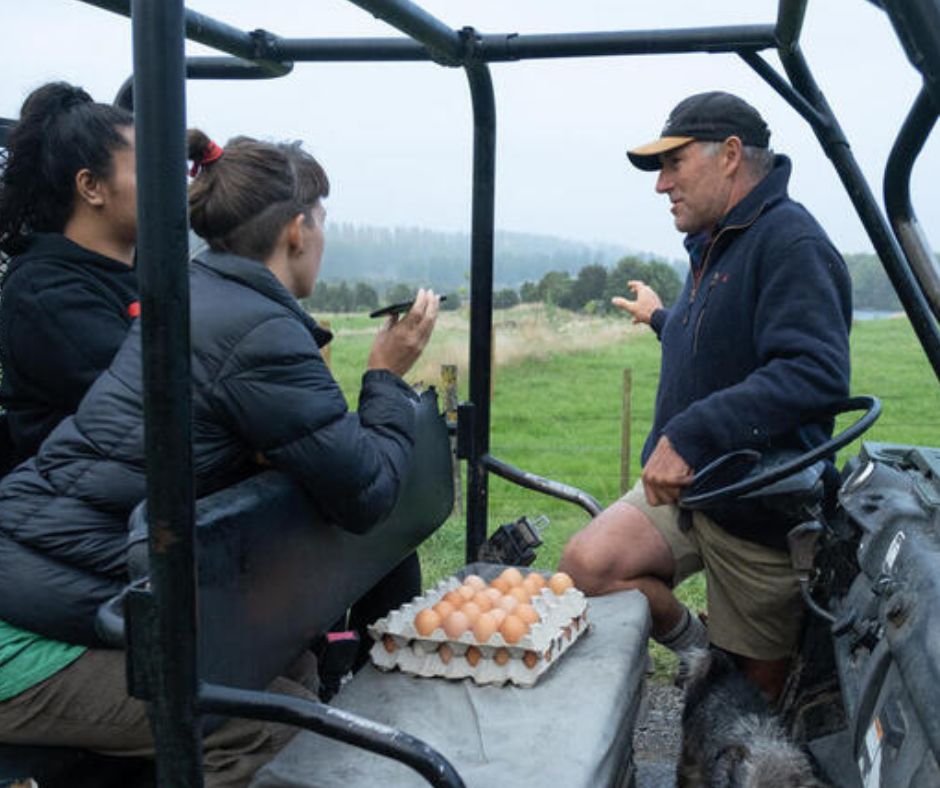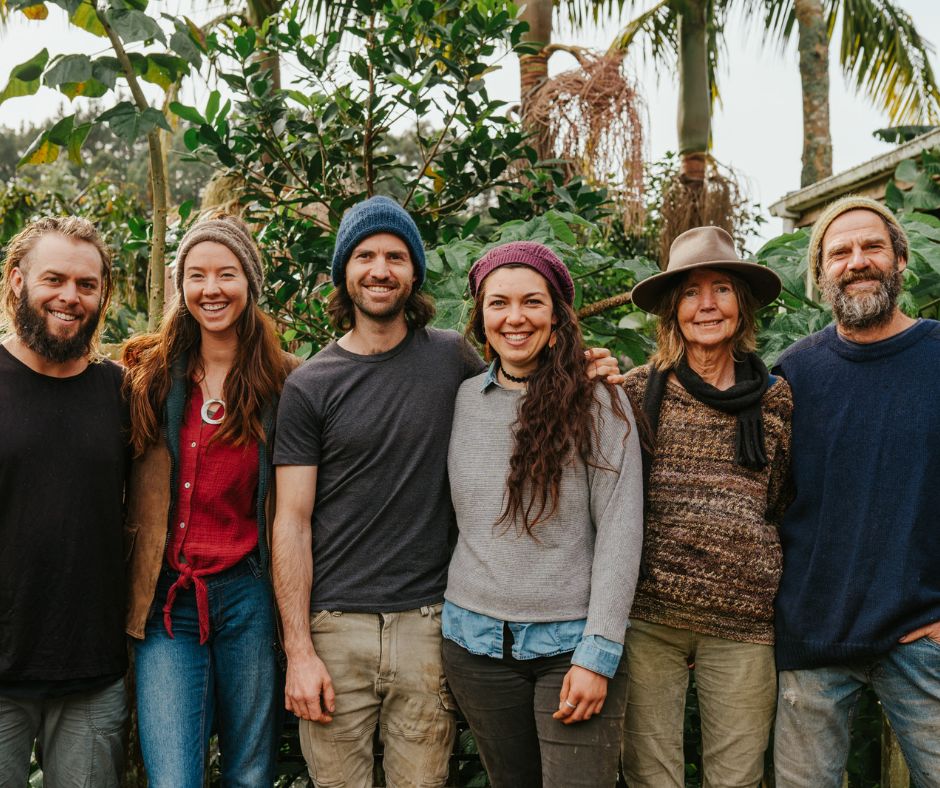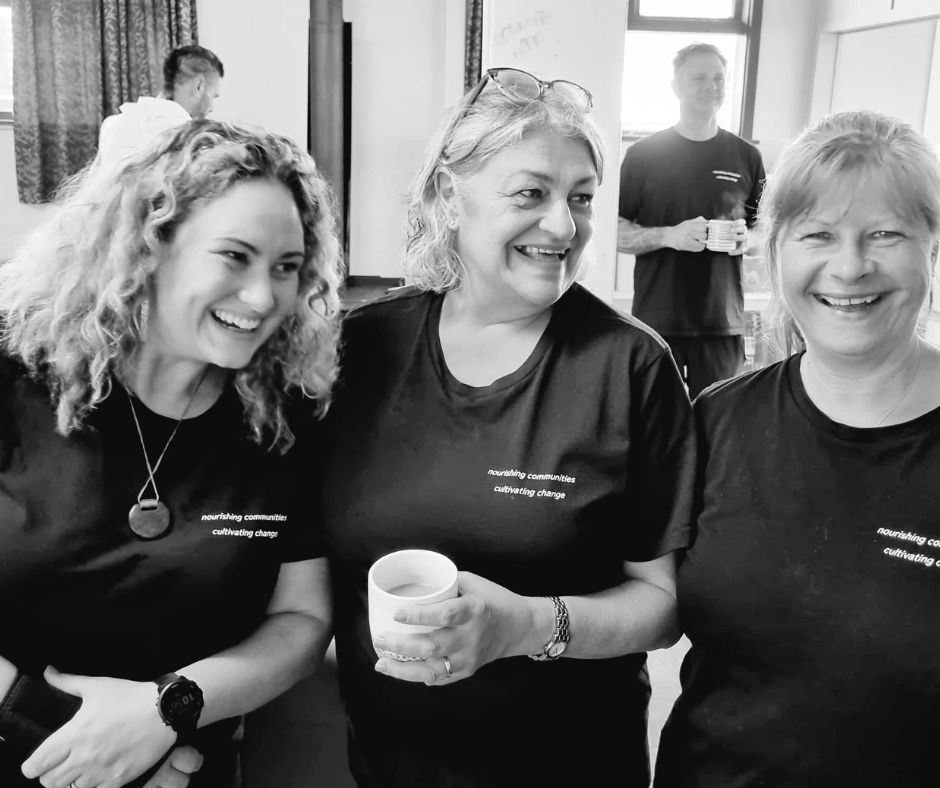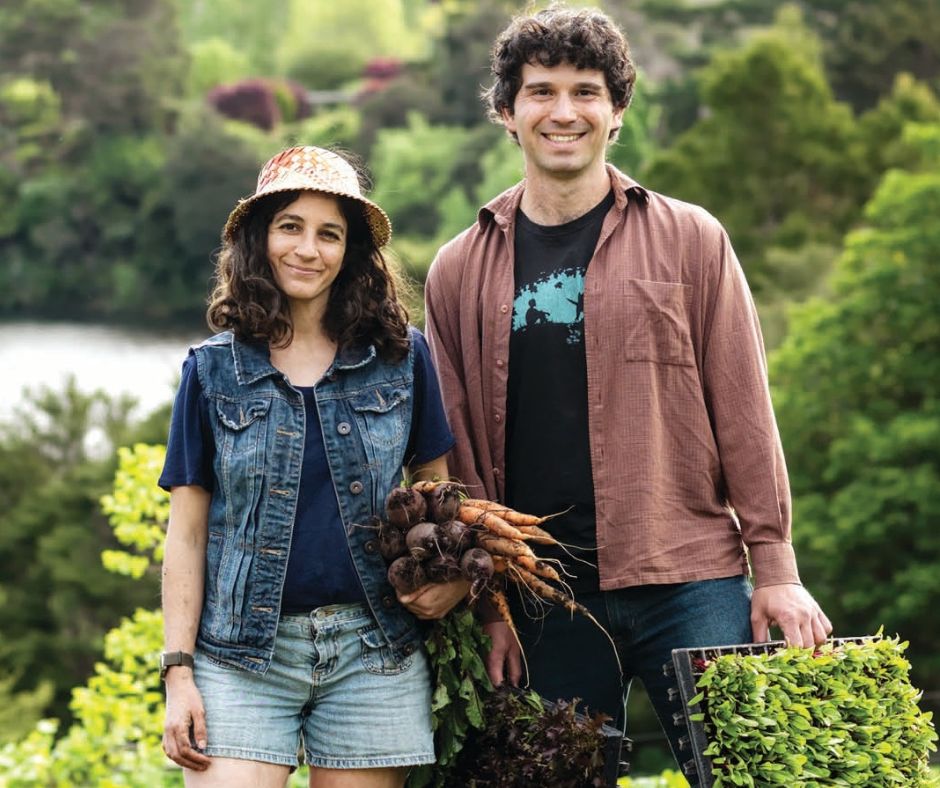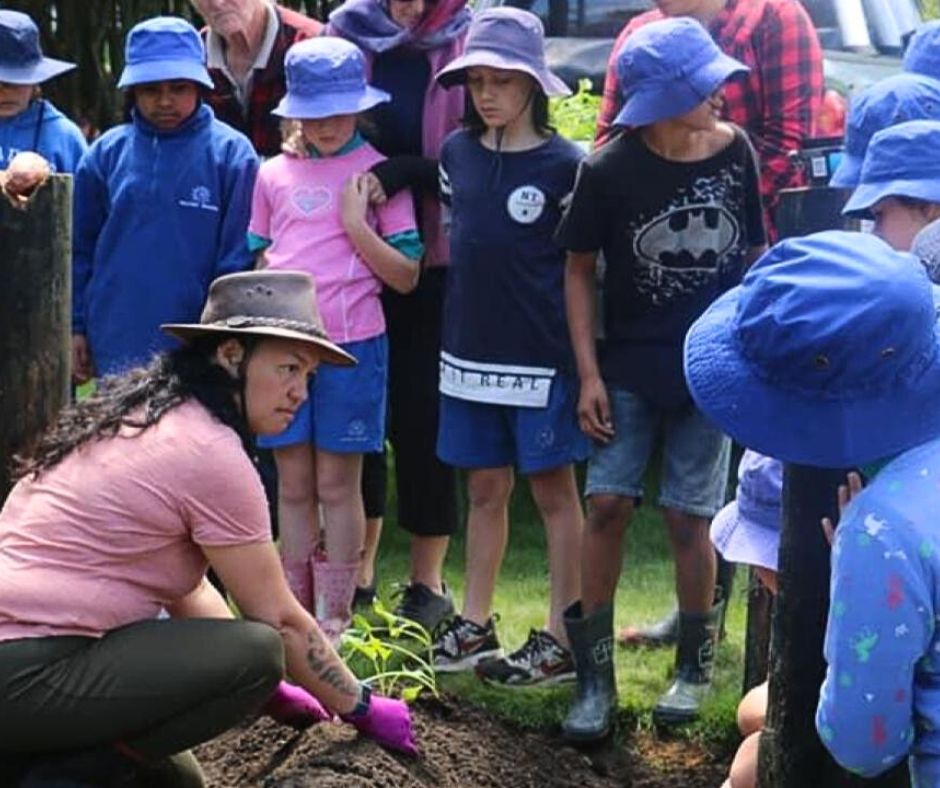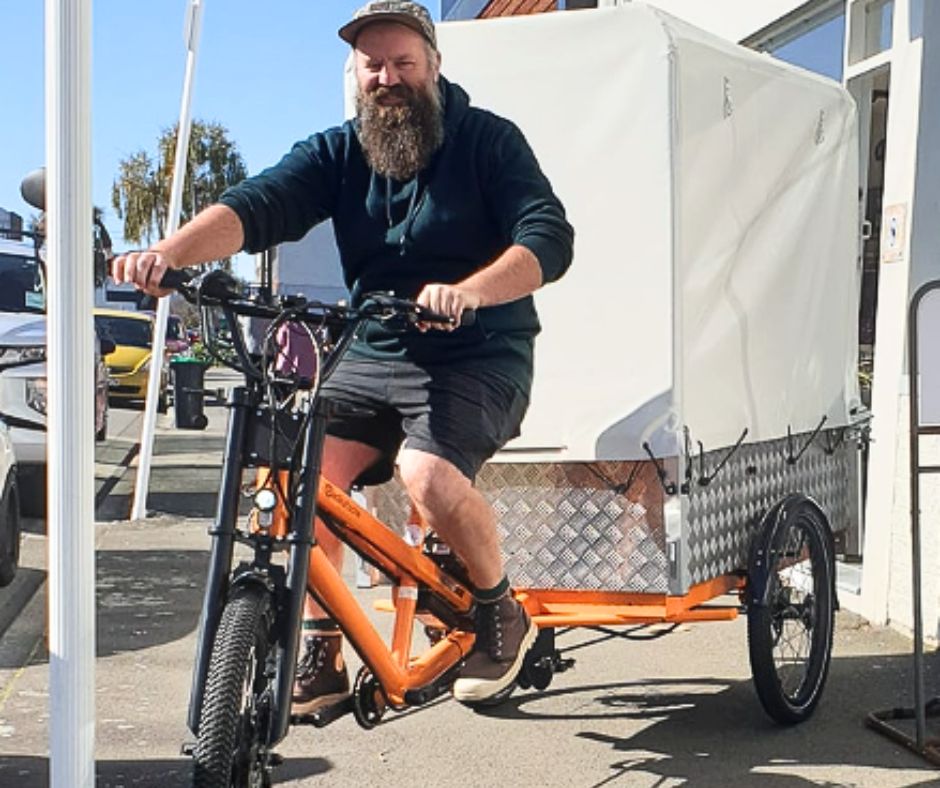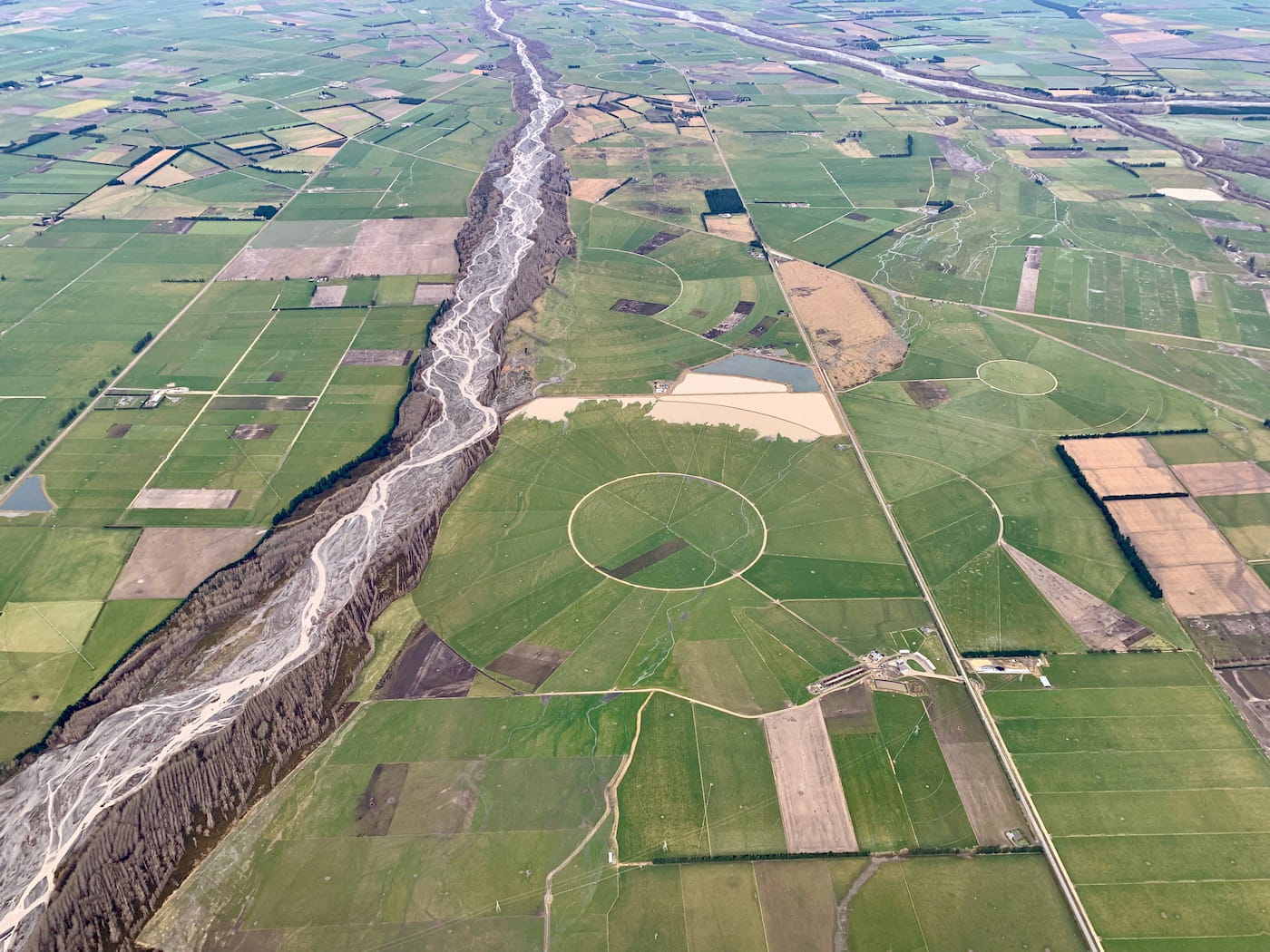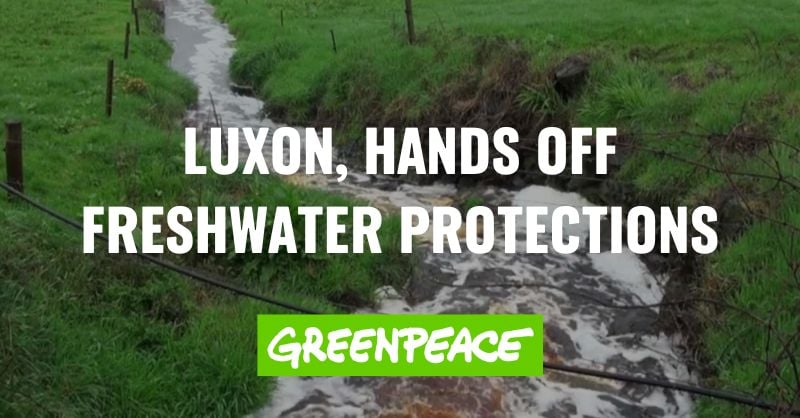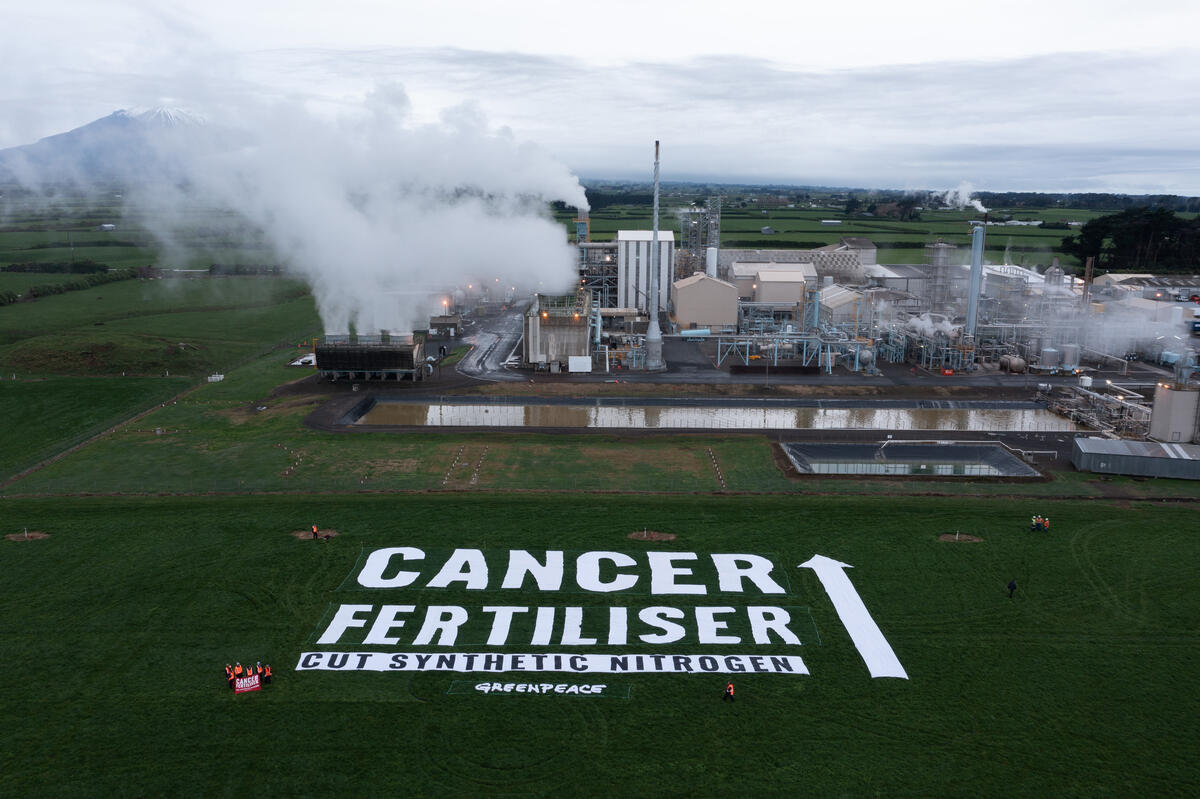What would a sustainable food system look like? Meet some of the people across Aotearoa who are using ecological farming methods* to produce healthy food for today and tomorrow.
The way our society has organised our modern food system is harming us and our environment. Industrial food production methods are degrading our ecosystems, the soil we depend on, and the biodiversity of life.
We know we have to do things better, and we can! So what could the future food system look like? Looking at the solutions already present, we can imagine how to shape a future of food that cares for our land, water, climate and communities.
The future of food
Over April and May 2023 we reached out to a selection of people across Aotearoa who work across the spectrum of food production. These are people who are using ecological farming methods to produce healthy food for today and tomorrow.
When we got in touch we asked six simple questions:
- How do you describe [your project] in one sentence?
- How does it work?
- What makes it work?
- How did it get started?
- What inspires you personally?
- When you look at the bigger picture of farming and food production in Aotearoa, what’s one thing you see is needed?
Click through from the image below to find out how they responded!
The bigger picture
Looking at the bigger picture of farming and food production, here’s some of what the people we profiled told us they wanted to see:
- “We would love to see some government agencies running food producing centres, growing food and helping support learning for farmers. To make it as a market gardener you need a wide range of skills and there is a huge lack of teaching people how to do that.” Yotam Kay, Pākaraka Permaculture
- “We should have a ‘garden to kitchen’ kaupapa we could roll out to all the kura across the country, with toolkits and cook books. We’re a nature-based culture, so it would be awesome to focus on the future gardeners starting from kohanga reo.” Lisa Isherwood, Awhi Farm
- “I’d love to see some systemic change that would prioritise and support more localised food supply for our people. This could massively reduce transport emissions and food waste, and it could also help level the playing field, so that it’s easier for urban and community farms to establish themselves and find a route to market for their produce.” Sarah McFadden, Kelmarna Organic Community Gardens & City Farm
- “A reverence for life. We have to apply resilient regenerative practices such as, Syntropic Agroforestry, silvopasture, natural building and holistic grazing methods to facilitate a reciprocal relationship with our landscape in a diversity of farming contexts.” Frida Keegan, PermaDynamics
- “You can’t have regenerative agriculture without an entire regenerative society, you can’t just have farmers in isolation doing their thing, it has to be part of the whole community. We’re already talking about circular economies, that whole thing ties into agriculture, the whole of society could incorporate a regenerative approach. That’s what I see as New Zealand’s opportunity – becoming a regeneration nation.” Greg Hart, Mangarara regenerative farm
Connecting back to place, culture and community
The people we interviewed are some of a movement of millions across the world who are reclaiming their food sovereignty. Through their work, through diverse small farms, education, community development and campaigns, they’re helping create a food system that prioritises ecological and social wellbeing rather than big business profits.
In their visions for big picture change, we sense that what’s needed for ecological farming extends beyond the farm and into the food system, into society at large.
If small farmers are supported to upskill; if food economies are more localised; if children learn gardening within a nature connected culture; if a reverence for life guides diverse, regenerative practices on society and through society; from these seeds we can grow an ecological food system.
Food, and our food system are connecting people back to place, to culture and community. Whether growing herbs on an apartment windowsill, starting an ecological farm or campaigning to transform industrial dairying in Aotearoa, we can all contribute to an abundant future of food.
| Find out more: Our future of food |
| * Ecological farming is a term used to describe methods that ensure healthy farming and healthy food – methods that protect the soil, the water and the climate. Ecological farming does not contaminate the environment with chemical inputs or use genetically engineered crops. And it places people and farmers – consumers and producers, rather than the corporations who control our food now – at its very heart. For Greenpeace there are seven principles of an ecological food system that has people at its heart: 🌱 food sovereignty; 🌱 benefiting farmers and rural communities; 🌱 smart food production and yields; 🌱 biodiversity and diverse seed systems; 🌱 sustainable soil health and cleaner water; 🌱 ecological pest protection; 🌱 climate resilient food production. These methods look like regenerative agriculture, Hua Parakore and organics. From commercial farmers, to urban gardeners, to community networks, they’re protecting soil, water and climate, encouraging biodiversity and supporting food sovereignty while feeding their communities. |

